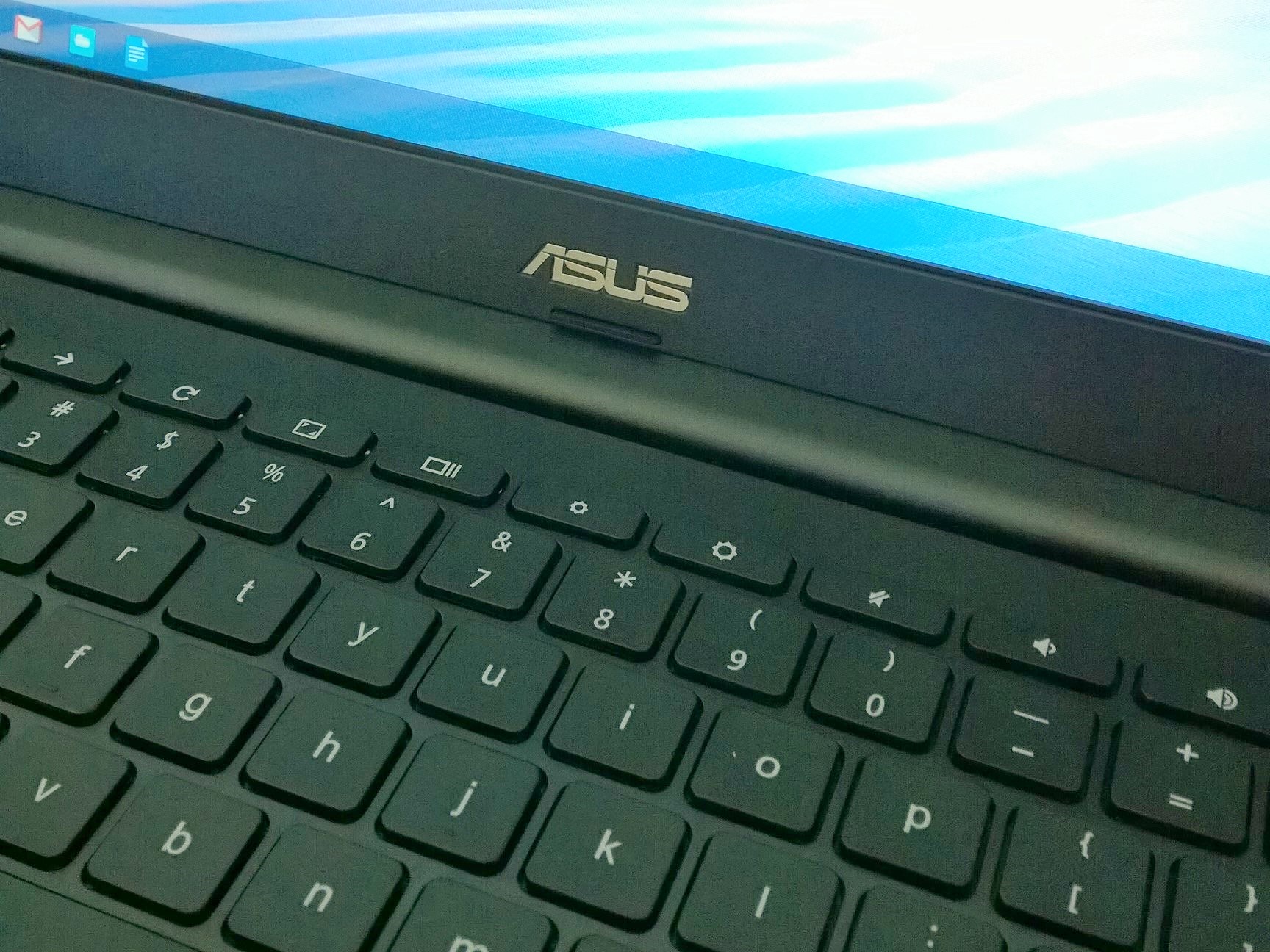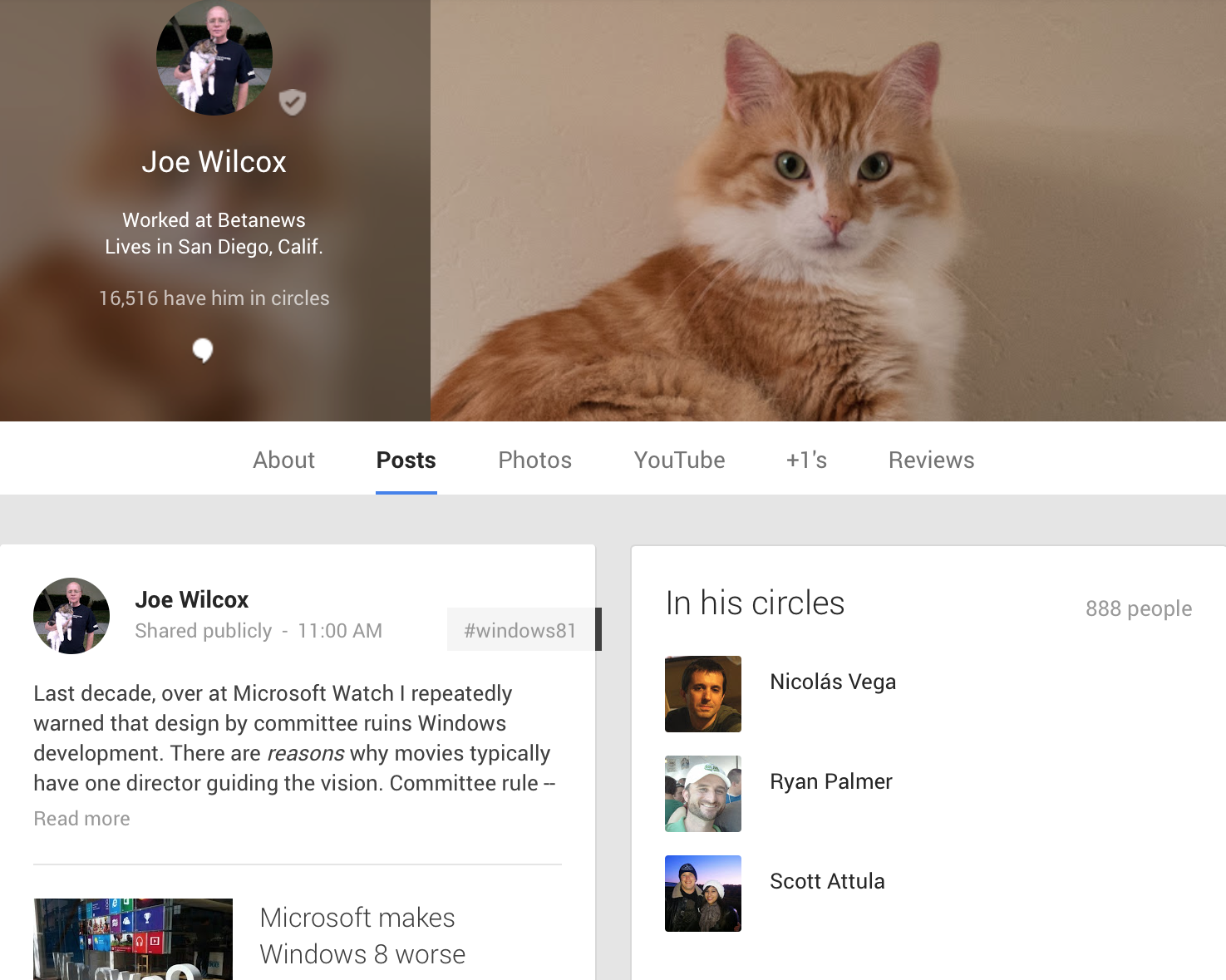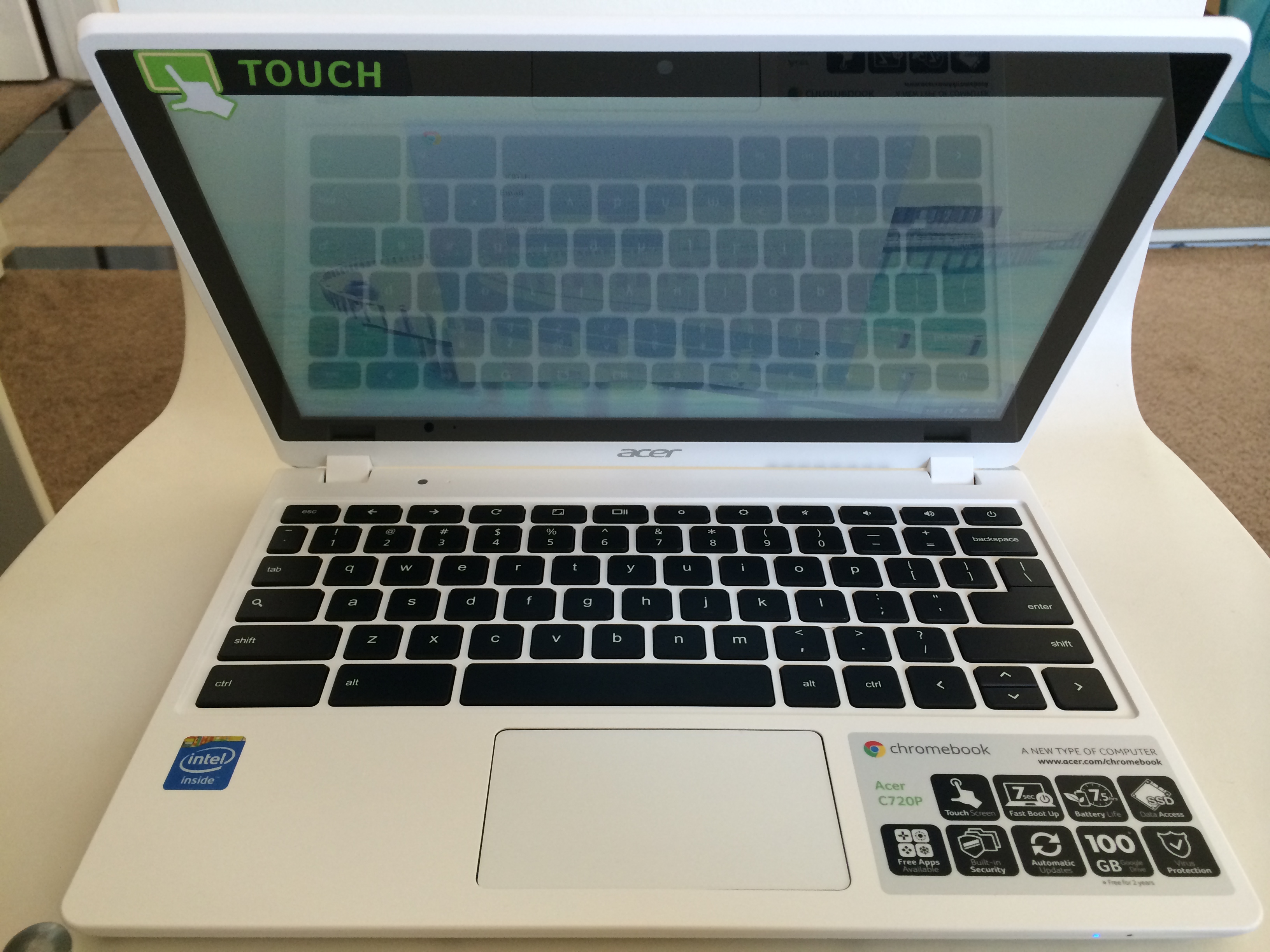My definition is the authoritative answer. Period. Journalists and their readers debate about what is clickbait, and also linkbait, and whether or not they are the same. They most certainly are not, and neither has a place in responsible journalism.
Both are constructs of the Google free economy—that is giving away valuable content subsidized by online advertising to get high search ranking. Problem: There is too much content, and too much of it alike, for ads to financially support. Excessive ad space means lower page rates and greater competition for advertisers. The shortage encourages even more clickbaiting and linkbaiting, which generate more pointless posts that suck limited advertising from high-value news content.







